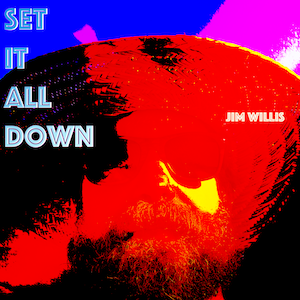The premise of Brave New World is compelling enough to recommend the book. Especially if you’re in high school, which I think is when I first read it. The dytopian future portrayed by Huxley of a world that tries to engineer a better version of itself challenges the reader to pull connections from more modern attempts at these efforts.
Despite the interesting premise, I just didn’t enjoy the writing. The world represented in the book seemed like an academic exercise that Huxley engineered to make a point. It was interesting but only as a thought exercise.
I discovered that Ridley Scott was going to try to make a movie out of the book and seems to have backed away, citing:
I think Brave New World was probably great in nineteen thirty-eight, because it had a very interesting revolutionary idea. Don’t forget it came shortly before or after George Orwell, roughly the same time. When you re-analyze it, maybe it should stay as a book. I don’t know.
I think Scott would have been hard pressed to get an audience to feel real empathy for any of the characters the way he did in Blade Runner.
Huxley apparently was inspired to write the book in response to a trip he made to the US where he observed our obsession with youth and commercialism. That’s easy enough to believe. Out national fixation on self-improvement seems like just the kind of ecosystem that unchecked could eventually yield the kind of attempts to engineer the friction out of life represented in Brave New World.
To me, it’s this thread of the book’s narrative that is so interesting to me. Specifically, what happens when you engineer the suffering out of life. Huxley’s plot seems to fixate on the tools and techniques used to engineer the friction out of life but I think the tools and techniaues are mere disctraction.
Instead, especially relevant and meaningful are the effects of a life devoid of friction or where friction is seen as somehow being different from or seperate from the good life. Huxley fails to really dig into this thread in a satisfying way and perhaps that why it felt a little flat to me.
It certainly seems relevant today where we seem spend so much energy trying to reduce friction, sadness, pain, etc. from our lives. But it occurs to me that those things we try to avoid and minimize (and which have been erradicated in Huxley’s work) are exactly the things that make life worth living.
That is the underlying message of BNW that gets hidden in all of the dystopian engineering: If life is all good, it’s no good. Life is only good to the extent that we are open to the suffering it exposes us to.

